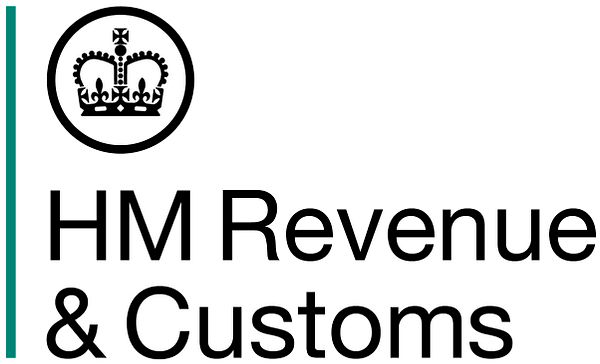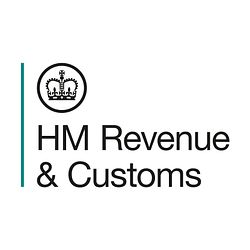
Press release -
HMRC unveils new timetable for RTI penalties
There will be a staggered start to the introduction of Real Time Information (RTI) penalties, HM Revenue and Customs (HMRC) announced today.
The new automatic in-year PAYE penalties for late filing and late payment and in-year interest (charged on tax and National Insurance Contributions (NICs) that are paid late during the year), were due to start from 6 April 2014.
RTI is a big change and HMRC and some employers are continuing to learn. Having listened to customer feedback, HMRC has decided to stagger the start of the new in-year late filing and payment penalties to give employers more time to adapt to reporting in real time. The new timetable will be:
· April 2014 - in-year interest on any in-year payments not made by the due date
· October 2014 - automatic in-year late filing penalties
· April 2015 - automatic in-year late payment penalties
At the same time, HMRC is continuing to improve its systems and guidance.
HMRC has worked closely with the Department for Work and Pensions to ensure that RTI will support the operation of Universal Credit, which brings together means-tested in and out-of-work benefits.
HMRC’s Director General for Personal Tax, Ruth Owen, said:
“The introduction of RTI is going extremely well for the majority of employers but there are still some who need a bit of time to adapt fully to the changes. This additional time will give us the opportunity to ensure that improvements to our internal systems are working, to learn from them and to provide better customer support to employers who need more time to adapt.”
Notes for editors
1. Real Time Information (RTI) represents the biggest change to the payroll system in over 60 years. It is designed to reflect the labour market fluidity of the 21st century and deliver improved accuracy to employers and employees. RTI means employers and pension providers report deductions and payments they make to HMRC at the time they are made, rather than after the end of the tax year, as was the case before. This enables the tax system to better ensure the right tax is being taken at source.
2. The RTI pilot was launched in April 2012 with just 10 employers. Now, more than 99 per cent of PAYE records are being reported in real time.
3. Introducing in-year late filing penalties from 6 October means that employers who bring all their submissions for the period 6 April - 5 October 2014 up to date by 5 October will not face any in-year late filing penalties.
4. Forthcoming changes to HMRC systems include:
· From April 2014 HMRC will introduce a new RTI ‘Late Reporting Reason’ data item. This will allow employers to tell HMRC why they are submitting data late – for example, if they are correcting an earlier submission.
· Enhancing HMRC’s internal systems to include additional safeguards, for example, to automatically correct some types of common employer errors.
5. HMRC will also suspend the issue of electronic generic notification alerts for late payment and non filing until April 2014.
6. HMRC will still issue late payment penalties manually for 2014-15, as it has done in previous years.
7. Employers will be able to see the amount of interest accruing in their online tax account, but HMRC won’t seek payment until the debt is settled.
8. HMRC may still charge a late filing penalty for 2013-14. Employers can find more information about this at www.hmrc.gov.uk/payefinalsubmission
9. Follow HMRC on Twitter @HMRCgovUK
Topics
Categories
Issued by HM Revenue & Customs Press Office
HM Revenue & Customs (HMRC) is the UK’s tax authority.
HMRC is responsible for making sure that the money is available to fund the UK’s public services and for helping families and individuals with targeted financial support.

